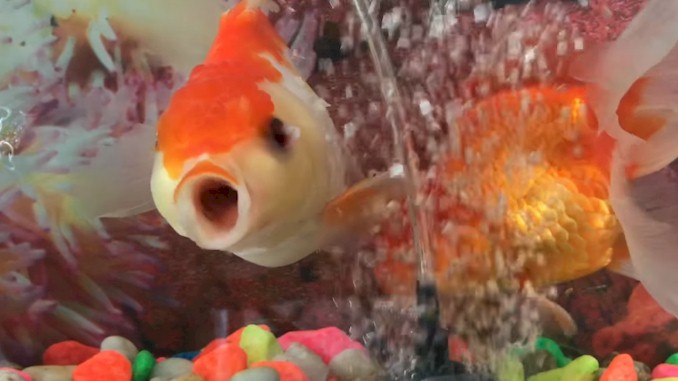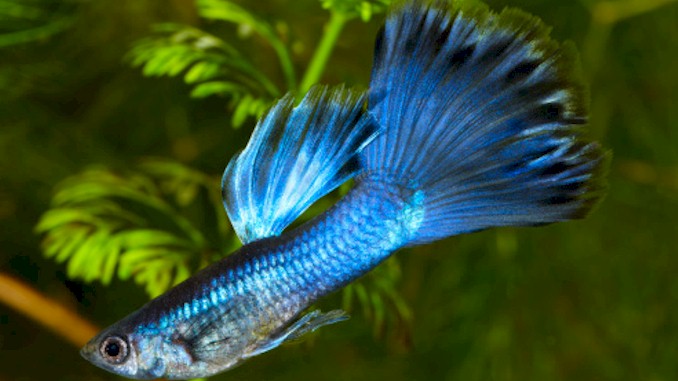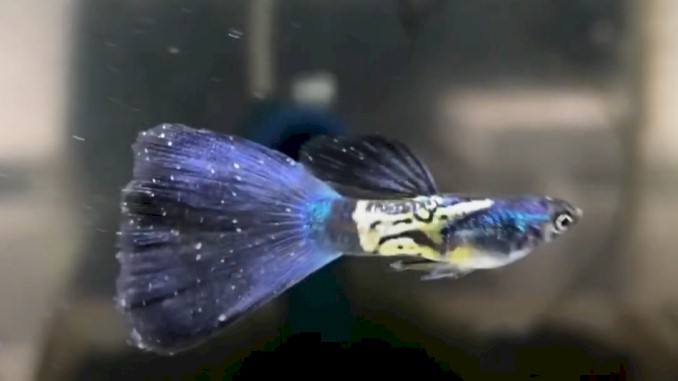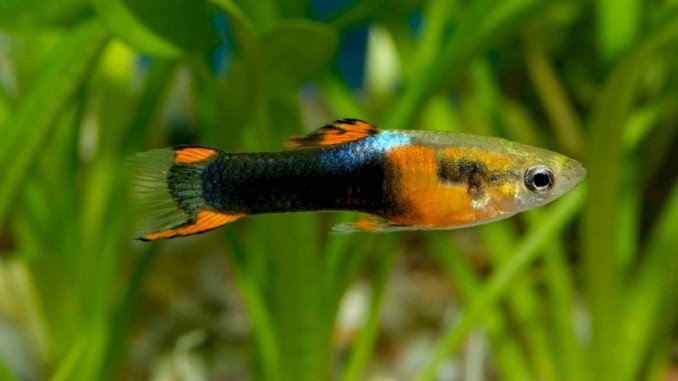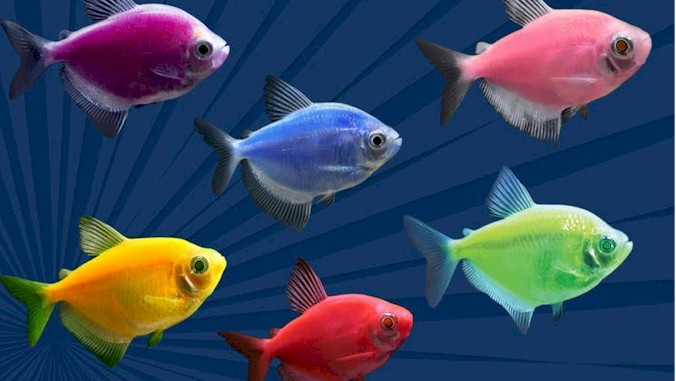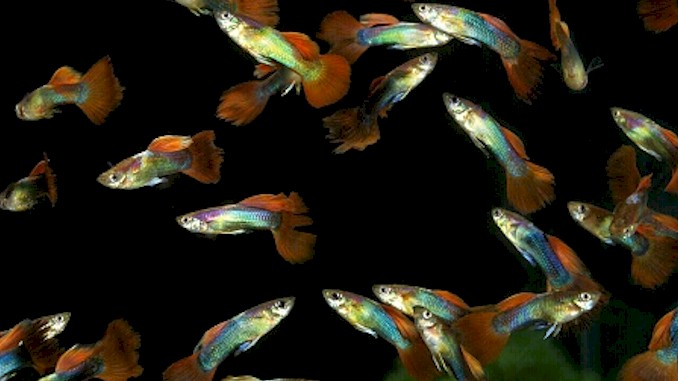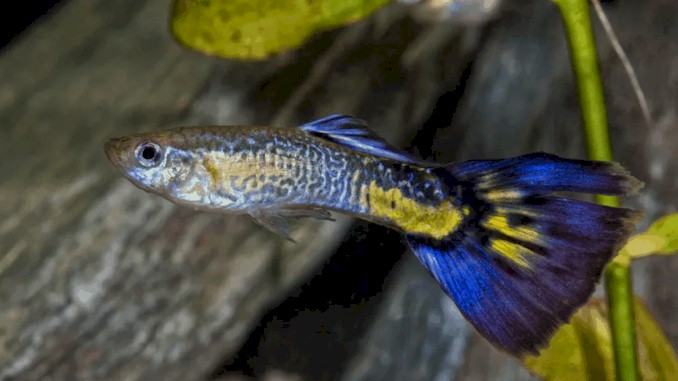Why Your Goldfish Keeps Opening and Closing Its Mouth
Witnessing a goldfish repeatedly opening and closing its mouth can be a cause for concern for any fish owner. However, rest assured that this behavior is not uncommon and can be easily explained. Understanding the reasons behind this behavior and taking appropriate measures can help ensure the health and well-being of your goldfish. In this blog post, I will delve into the possible causes of goldfish opening and closing their mouths rapidly, and provide you with actionable steps to address the issue.
Goldfish opening and closing their mouths rapidly is a normal behavior known as “gulping.” This behavior helps goldfish take in oxygenated water from the surface, as their gills may not be receiving enough oxygen from the water. However, if this behavior is excessive or accompanied by other symptoms such as lethargy or gasping at the surface, it may indicate an underlying health issue. Monitoring water quality and providing proper aeration can help prevent gulping and ensure the overall health of your goldfish.
If you are a goldfish owner and want to ensure your pet’s health and well-being, then keep reading. In the following paragraphs, I will share with you some of the common causes of excessive gulping in goldfish, along with tips on how to prevent it. By the end of this blog post, you will have a deeper understanding of this behavior and be equipped with the knowledge needed to keep your goldfish healthy and happy.
What is Gulping and Why Do Goldfish Do It?
Gulping is a normal behavior in goldfish that involves opening and closing their mouths rapidly to take in oxygenated water from the surface. This behavior is often observed in goldfish when the oxygen levels in the water are low, and their gills are not receiving enough oxygen. By gulping, goldfish can take in oxygen-rich water from the surface, which helps them breathe.
While gulping is a normal behavior in goldfish, excessive or prolonged gulping may indicate an underlying health issue. For example, if the water temperature is too high, the oxygen levels may decrease, causing goldfish to gulp more frequently. Similarly, poor water quality can also lead to low oxygen levels, which can cause goldfish to gulp excessively.
Moreover, certain types of food can also contribute to gulping behavior in goldfish. For instance, feeding your goldfish with floating pellets can encourage them to gulp air as they try to grab the food from the surface. Therefore, it is recommended to feed your goldfish sinking pellets or flakes to prevent this behavior.
As you can see, gulping is a natural behavior in goldfish that helps them take in oxygenated water from the surface. However, excessive gulping can be a cause for concern and may indicate an underlying health issue. By monitoring your goldfish’s behavior and environment, you can help prevent excessive gulping and ensure the overall health and well-being of your pet.
When Should You Be Concerned About Excessive Gulping in Goldfish?
Excessive gulping in goldfish can be a sign of an underlying health issue. While gulping is a normal behavior in goldfish, it is important to monitor your goldfish’s behavior to determine if excessive gulping is occurring. If you observe any of the following symptoms along with excessive gulping, it may be time to consult a veterinarian or aquatic specialist:
- Lethargy – If your goldfish is spending more time at the bottom of the tank and is not as active as usual, it may indicate an underlying health issue.
- Gasping at the Surface – If your goldfish is constantly gasping at the surface and is gulping excessively, it may be struggling to breathe and could be a sign of a respiratory issue.
- Red or Inflamed Gills – Red or inflamed gills may be a sign of bacterial or parasitic infections, which can lead to respiratory issues and excessive gulping.
It is important to note that some species of goldfish are prone to gulping, such as the Ranchu and Oranda, due to their unique body shapes. However, if excessive gulping is accompanied by any of the above symptoms, it may be a sign of an underlying health issue.
In addition, water quality can also contribute to excessive gulping in goldfish. High levels of ammonia or nitrite can lead to respiratory issues and cause goldfish to gulp excessively. Therefore, it is important to regularly monitor the water quality in your goldfish tank and perform regular water changes to maintain healthy water parameters.
Therefore, excessive gulping in goldfish can be a sign of an underlying health issue. If you observe any of the above symptoms along with excessive gulping, it may be time to consult a veterinarian or aquatic specialist. Additionally, maintaining healthy water quality can help prevent respiratory issues and excessive gulping in goldfish.
How Can You Improve Your Goldfish’s Environment to Prevent Gulping?
Maintaining a healthy environment is essential for preventing excessive gulping in goldfish. Here are some tips for improving your goldfish’s environment:
- Proper Filtration – Goldfish are messy eaters, and their waste can quickly accumulate in the tank. Therefore, it is important to invest in a high-quality filter that can keep the water clean and free of harmful toxins. A filter with a biological, mechanical, and chemical filtration system is recommended.
- Regular Water Changes – Regular water changes are important for maintaining healthy water parameters and reducing the risk of respiratory issues. It is recommended to perform weekly water changes of 20-30% of the tank volume.
- Adequate Oxygenation – Goldfish require oxygen-rich water to breathe. Therefore, it is important to ensure that the tank is properly oxygenated. Adding an air pump and air stone to the tank can help increase oxygen levels and prevent excessive gulping.
- Proper Feeding – As mentioned earlier, feeding your goldfish sinking pellets or flakes can help prevent excessive gulping. Additionally, it is important not to overfeed your goldfish, as excess food can contribute to poor water quality and respiratory issues.
- Proper Tank Size – Goldfish require ample swimming space, and overcrowding can lead to poor water quality and respiratory issues. It is recommended to provide at least 20 gallons of water per goldfish and to avoid keeping multiple goldfish in small tanks.
As you have learned, maintaining a healthy environment is crucial for preventing excessive gulping in goldfish. Proper filtration, regular water changes, adequate oxygenation, proper feeding, and providing ample swimming space can help ensure the overall health and well-being of your goldfish.
What Role Does Water Quality Play in Goldfish Gulping?
Water quality plays a crucial role in the health of your goldfish. Poor water quality can lead to a variety of health issues, including excessive gulping. Here are some ways in which water quality can impact your goldfish:
- Ammonia Buildup – Ammonia is a toxic waste product produced by fish waste and uneaten food. In high concentrations, it can be lethal to fish and can cause respiratory issues. Regular water changes and proper filtration can help keep ammonia levels in check.
- Nitrite Buildup – Nitrites are produced by the breakdown of ammonia and are also harmful to fish in high concentrations. Nitrites can cause respiratory issues and damage to the gills. Proper filtration and regular water changes can help keep nitrite levels in check.
- pH Level – The pH level of the water can also impact the health of your goldfish. Goldfish prefer a pH range of 7.0-7.4. If the pH level is too high or too low, it can cause stress and respiratory issues.
- Temperature – Goldfish are cold-water fish and prefer water temperatures between 65-75°F. Water that is too warm can lead to decreased oxygen levels, while water that is too cold can cause respiratory issues.
- Chlorine and Chloramines – Chlorine and chloramines are commonly found in tap water and can be harmful to fish. It is important to use a water conditioner to neutralize these chemicals before adding water to the tank.
Down the road we can say, water quality is a crucial factor in preventing excessive gulping in goldfish. Regular water changes, proper filtration, and maintaining the correct pH and temperature levels can help ensure the overall health and well-being of your goldfish.
Other Common Causes of Excessive Gulping in Goldfish and How to Address Them
While water quality is a common cause of excessive gulping in goldfish, there are other factors that can contribute to this behavior. Here are some of the other common causes of excessive gulping and how to address them:
- Overfeeding – Goldfish are opportunistic feeders and will eat as much as they are given. Overfeeding can lead to digestive issues and can cause the fish to gulp for air. It is important to feed your goldfish small, frequent meals and to remove any uneaten food after feeding.
- Low Oxygen Levels – Goldfish need oxygen-rich water to breathe. Low oxygen levels can cause the fish to gulp for air at the surface of the water. Proper aeration, filtration, and regular water changes can help ensure adequate oxygen levels in the tank.
- Stress – Stress can also contribute to excessive gulping in goldfish. Stress can be caused by a variety of factors, including poor water quality, overstocking, and aggressive tank mates. Providing a calm and peaceful environment for your goldfish can help reduce stress and prevent excessive gulping.
- Swim Bladder Issues – Goldfish can develop swim bladder issues, which can cause them to float or sink in the water. Swim bladder issues can also cause the fish to gulp for air. A proper diet, regular water changes, and providing a comfortable and stress-free environment can help prevent swim bladder issues.
- Underlying Health Issues – Excessive gulping can also be a symptom of underlying health issues, such as bacterial or fungal infections. If you have ruled out other causes and your goldfish continues to gulp excessively, it is important to seek the advice of a veterinarian who specializes in aquatic animals.
In conclusion, excessive gulping in goldfish can have a variety of causes, and it is important to address these causes in order to maintain the health and well-being of your fish. By providing a clean and healthy environment, feeding a proper diet, and seeking the advice of a veterinarian when necessary, you can help ensure that your goldfish lives a happy and healthy life.

